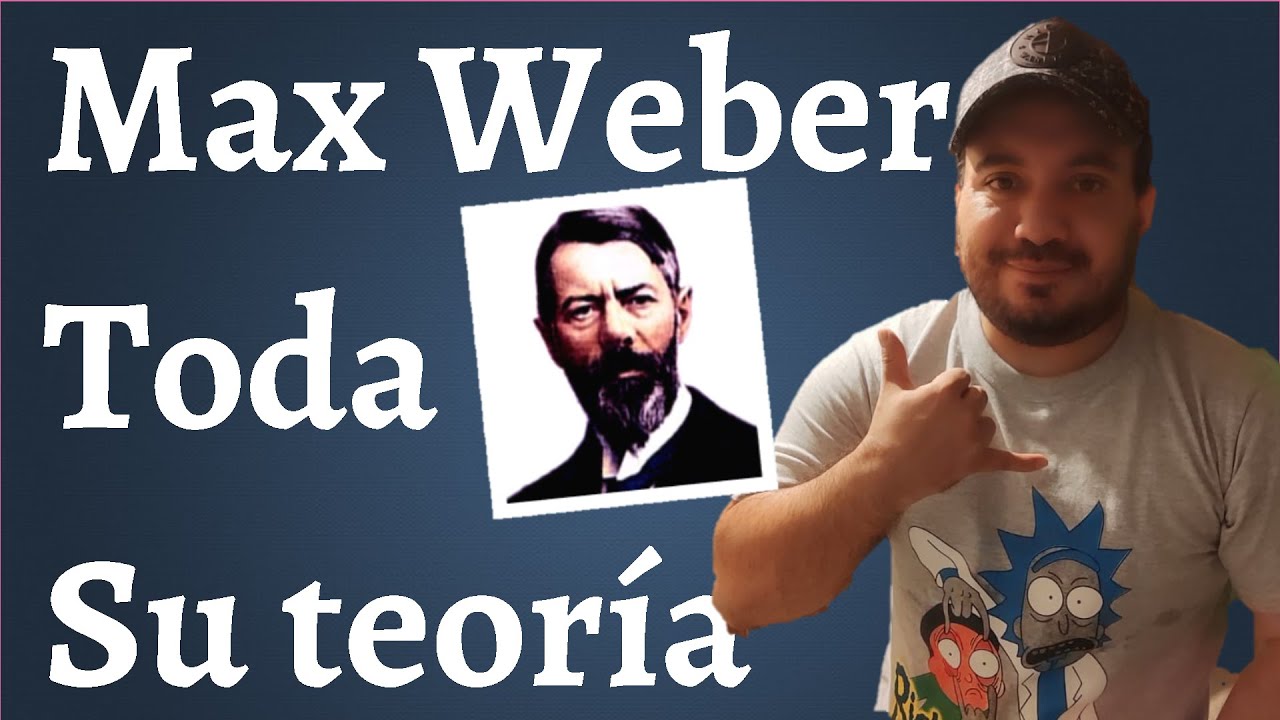An Introduction to Max Weber’s The Protestant Ethic - A Macat Sociology Analysis
Summary
TLDRMax Weber’s *The Protestant Ethic and the Spirit of Capitalism* explores how Protestant Christianity, particularly ascetic Protestantism, influenced the development of modern capitalism. Weber argues that the ‘spirit of capitalism’—the belief in hard work, reinvestment of profits, and avoidance of luxury—emerged from the Protestant ethic. Through an analogy of two boys running lemonade stands, the video illustrates how reinvesting profits leads to business growth, reflecting Weber’s view that work is a divine calling. The video highlights Weber's sociological impact on understanding capitalism’s cultural and religious roots.
Takeaways
- 😀 Weber argued that Protestant Christianity, especially ascetic Protestantism, played a crucial role in the development of modern capitalism.
- 😀 The 'spirit of capitalism' refers to the belief in pursuing ever-increasing profit through hard work and reinvestment, not through greed.
- 😀 Weber emphasized that this spirit encourages hard work and the continuous reinvestment of profits, avoiding the indulgence in luxury.
- 😀 Ascetic Protestantism, which involves renouncing physical pleasures to focus on spiritual fulfillment, was central to Weber’s theory.
- 😀 The idea of a 'calling' in Protestantism suggested that work was a task assigned by God, and performing it diligently proved one’s faith.
- 😀 Weber believed that Calvinism, a branch of Protestantism, played a significant role in shaping the capitalist mindset, especially with its focus on predestination.
- 😀 According to Calvinism, accumulating wealth could be interpreted as a sign of being predestined for salvation, encouraging business success.
- 😀 The lemonade stand analogy illustrated how reinvesting profits, rather than spending them on luxuries, aligns with the Protestant work ethic.
- 😀 James, who reinvests his earnings to grow his business, embodies the Protestant work ethic, while Peter’s spending on candy represents a failure to embrace hard work.
- 😀 Weber’s theory suggests that the pursuit of wealth and reinvestment in one’s business are not just economic activities but expressions of faith and virtue.
- 😀 The Protestant ethic promoted a disciplined, long-term approach to work, which Weber saw as foundational to the growth of capitalism in the 19th century.
Q & A
What is Max Weber’s main argument in 'The Protestant Ethic and the Spirit of Capitalism'?
-Max Weber argues that Protestant Christianity, specifically ascetic Protestantism, played a key role in the development of modern capitalism by promoting a 'spirit of capitalism' centered on hard work, profit-seeking, and reinvestment rather than luxury or indulgence.
How does Weber define the 'spirit of capitalism'?
-Weber defines the 'spirit of capitalism' as the belief in pursuing ever-increasing profit through economic activity. It focuses on the idea that profit should be reinvested to grow the business rather than spent on luxuries, reflecting a disciplined, work-oriented mindset.
What does Weber mean by 'ascetic Protestantism'?
-Ascetic Protestantism refers to the belief system that encourages people to renounce physical pleasures and comforts in pursuit of spiritual fulfillment. This ascetic lifestyle, according to Weber, was central to the development of the capitalist work ethic.
What is the 'calling' according to Max Weber?
-Weber's concept of a 'calling' refers to the idea that individuals have a task or vocation set by God, and that one proves their faith by diligently working at it. This concept, prevalent in ascetic Protestantism, underpins the spirit of capitalism.
What role did Calvinism play in the development of capitalism, according to Weber?
-Weber emphasizes the connection between Calvinism and capitalism. Calvinism's belief in predestination led followers to seek signs of their salvation, and wealth accumulation became a way to reassure themselves that they were chosen for salvation. This desire for material success helped fuel capitalist growth.
Can you explain the analogy of the lemonade stand used in the script?
-The lemonade stand analogy contrasts two approaches: James reinvests his profits to expand his business, following the Protestant work ethic, while Peter spends some of his profits on candy, which distracts him from the focus on hard work. Over time, James grows his business, demonstrating the benefits of reinvestment and disciplined labor.
Why does the Protestant work ethic view Peter’s decision to spend money on candy as a failure?
-The Protestant work ethic views Peter's decision to buy candy as a failure because it represents a diversion from the focus on hard work and reinvestment. The ethic stresses that wealth should be used to grow the business rather than indulging in pleasures, which could detract from long-term success.
What does Weber say about the relationship between capitalism and luxury?
-Weber argues that the spirit of capitalism does not tolerate luxury or indulgence. Capitalists should avoid living luxuriously and instead prioritize work and reinvestment. Any wealth or success acquired should be earned through diligent work rather than through excess or extravagance.
How does Weber’s analysis connect religion and economic development?
-Weber connects religion and economic development by showing how Protestant religious values, especially the Protestant work ethic and asceticism, contributed to the rise of capitalism. These religious ideals promoted hard work, frugality, and the reinvestment of profits, which were essential to capitalist growth.
Why is Weber considered one of the founders of sociology?
-Max Weber is considered one of the founders of sociology because of his pioneering work in understanding the relationship between culture, religion, and economics. His analysis of how Protestantism influenced capitalism was groundbreaking in both sociology and economics, helping establish him as a key figure in the field.
Outlines

This section is available to paid users only. Please upgrade to access this part.
Upgrade NowMindmap

This section is available to paid users only. Please upgrade to access this part.
Upgrade NowKeywords

This section is available to paid users only. Please upgrade to access this part.
Upgrade NowHighlights

This section is available to paid users only. Please upgrade to access this part.
Upgrade NowTranscripts

This section is available to paid users only. Please upgrade to access this part.
Upgrade NowBrowse More Related Video
5.0 / 5 (0 votes)





